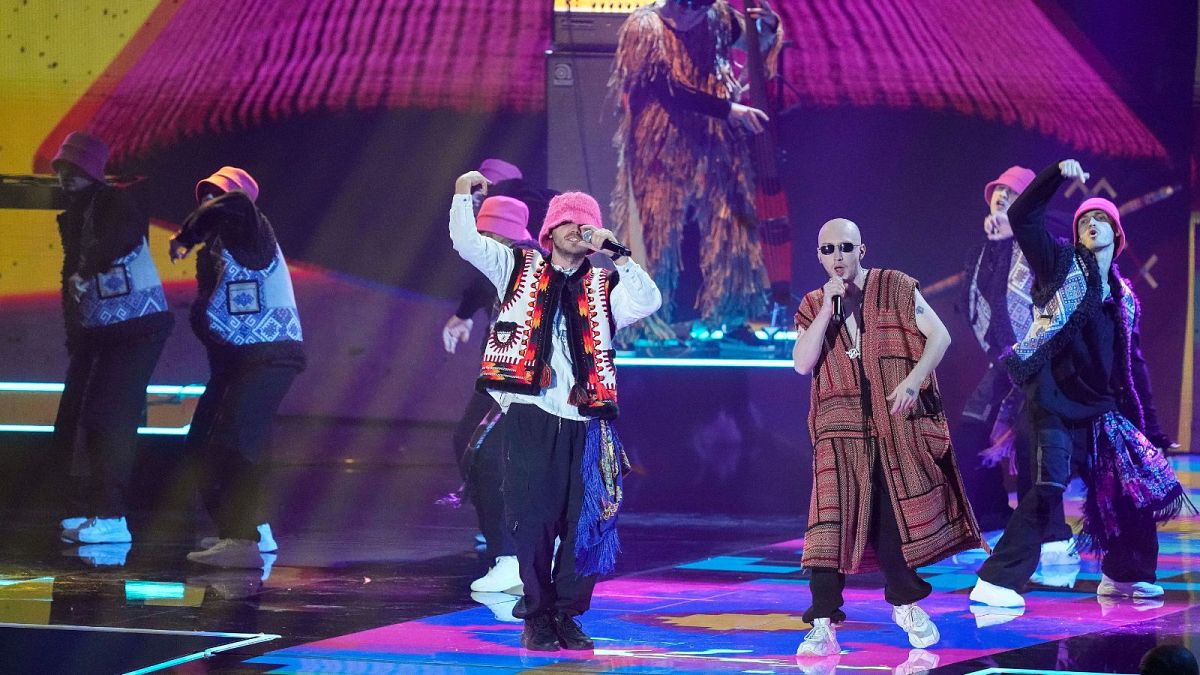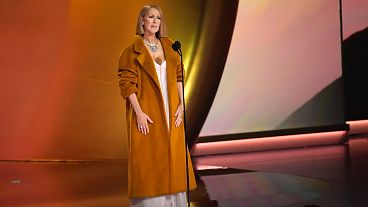Russia was excluded form the Eurovision Song Contest in 2022 due to the country's invasion of neighbouring Ukraine.
A top executive at the Eurovision Song Contest has said the decision to exclude Russia in 2022 was “hard”.
In a recent interview, Martin Osterdahl, the executive supervisor of Eurovision, said although the contest was not political it must always reflect the basic values of democracy.
Osterdahl made the comments whilst speaking to Abba’s Bjorn Ulvaeus, who was guest editing the flagship UK radio show, BBC’s Today program.
Asked if the decision to exclude Russia from the contest earlier this year was hard, Osterdahl replied:
“It was, and it still is. How Europe feels very much affects the contest."
"It is also that when you look back in time you see that the Eurovision Song Contest is like a log book of what has happened in Europe, what the trends have been in Europe," he added. “But, also, what is the kind of mood and sentiment of Europe, and what is the social context of Europe at the time.”
Why was Russia excluded from Eurovision in 2022?
There was international outcry Russia invaded Ukraine in February this year, with the cultural arena becoming an expression for anti-Putin sentiment.
Performances of Russian art and by Russian artists were cancelled in Poland and the UK, with businesses withdrawing from the country and Russian products withdrawn from supermarket shelves in the west.
Amidst all this, a row brewed about Russia’s participation in the Eurovision Song Contest with neighbouring Finland the first to say they wouldn’t compete with Russia, while Sweden, the Netherlands and Norway all called for Russia to be excluded.
Eventually the European Broadcasting Union (EBU) did exclude Russia from the contest, with Russian national broadcasters suspending their memberships and the EBU preventing them from participating in future contests.
Ukraine’s Kalush Orchestra went on to win in Turin, Italy. However, next year’s contest will be hosted in the city of Liverpool after it was judged too dangerous to hold the event in Ukraine.
“When we say that we are not political, what we always should stand up for are the basic and ultimate values of democracy. Everyone is right to be who they are,” Osterdahl continued.
“This will be a Eurovision Song Contest that really shows the values that we talk about – solidarity, reaching out, uniting through music.”



